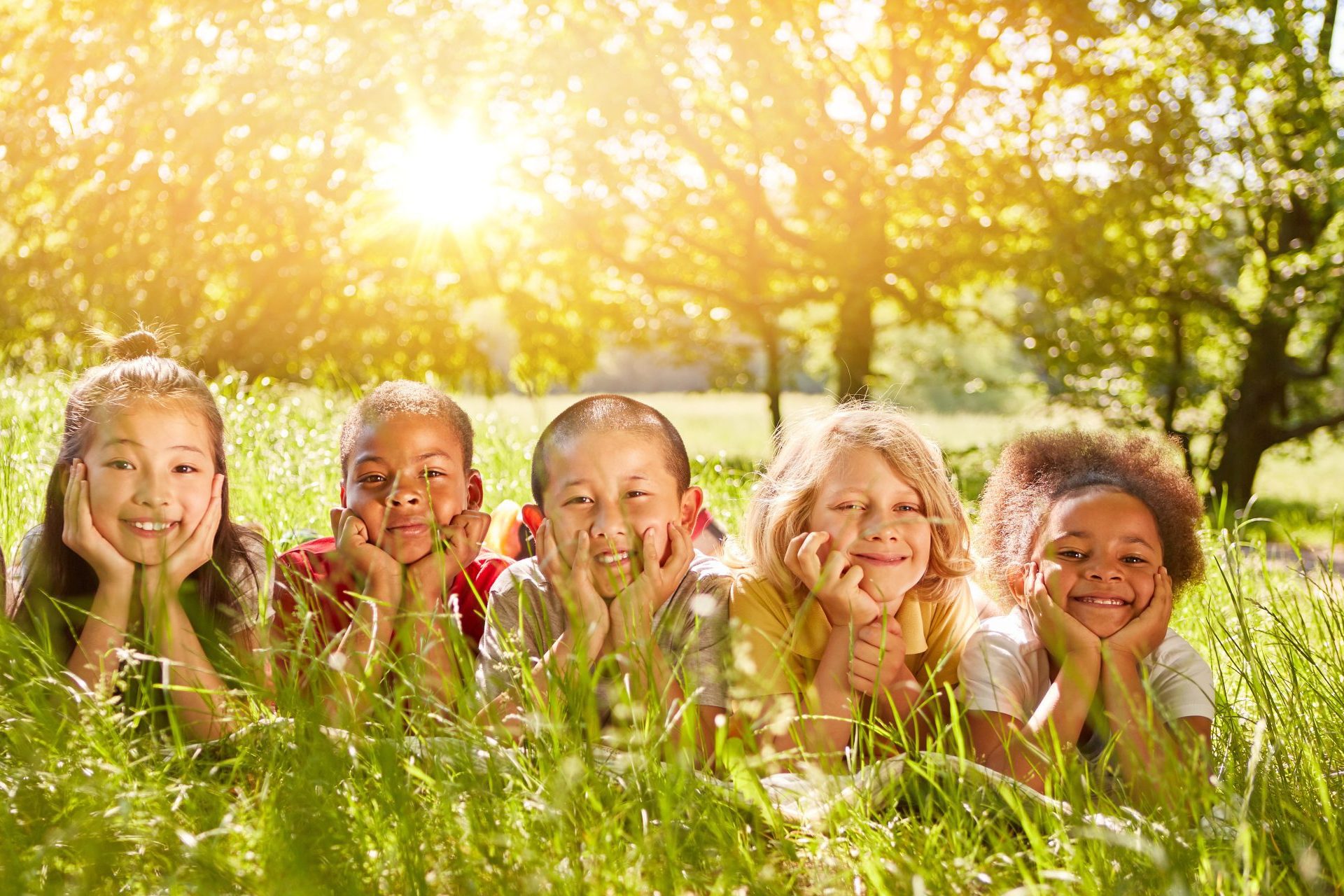 When I was growing up, many of my friends were first-generation Americans, just like me and my siblings. Back then we didn’t really talk about how that made our family dynamics different from our friends with American parents and grandparents. Now, as adults, we exchange funny, cringy, and sometimes very sad stories about growing up as children of immigrants in a country that often misunderstood and occasionally maligned our cultural customs.
When I was growing up, many of my friends were first-generation Americans, just like me and my siblings. Back then we didn’t really talk about how that made our family dynamics different from our friends with American parents and grandparents. Now, as adults, we exchange funny, cringy, and sometimes very sad stories about growing up as children of immigrants in a country that often misunderstood and occasionally maligned our cultural customs.
Food is the main character in most of our tales. Food can be such a source of pride when people “ooh” and “ahh” while scarfing down one of your family’s traditional dishes. It can also be the source of childhood trauma that grown folks struggle to unpack.
I’ll give you an example. When I was in high school, a teacher gave our class an assignment to write a research paper on our family’s country of origin and then present our findings to the class and cook a dish from that country.
My friend Robert’s family hailed from the Philippines. He proudly presented information on his family’s country of origin, and all seemed to go well until he started talking about food. As Robert talked about his favorite foods from the Philippines, things took an awful turn. He tried to explain that balut — a developing egg embryo that is boiled and eaten from the shell — is a delicious appetizer, but several kids in the class started making gagging sounds, saying “gross,” “yuck,” and “disgusting.” His shame was palpable.
It made me rethink the dish I planned to talk about. Would this crew also think “arroz con pollo” is disgusting? Robert and I never talked about that day, but it’s something that two decades haven’t erased from my memory. I wonder if he was ever able to proudly talk with people outside of his culture about enjoying balut?
It is because of Robert, childhood me, and all the children like us that I do not allow my kids to call food “yucky,” “gross,” or “disgusting.”
Instead, I explain to them that the food they don’t enjoy eating may be an important part of someone’s culture, heritage, and ancestral customs. For those reasons, I encourage them to either politely decline an offering of food if it’s something they don’t want to eat or to say that they “don’t like” or “don’t enjoy” the taste of something they are eating or have eaten.
When they are older, I will teach them the nuances of how to do this in someone else’s home. But for now, we practice the skills in our own home. I hope my children will be part of creating a more inclusive and loving world, and I know that so much of it starts at home and when they are young.













